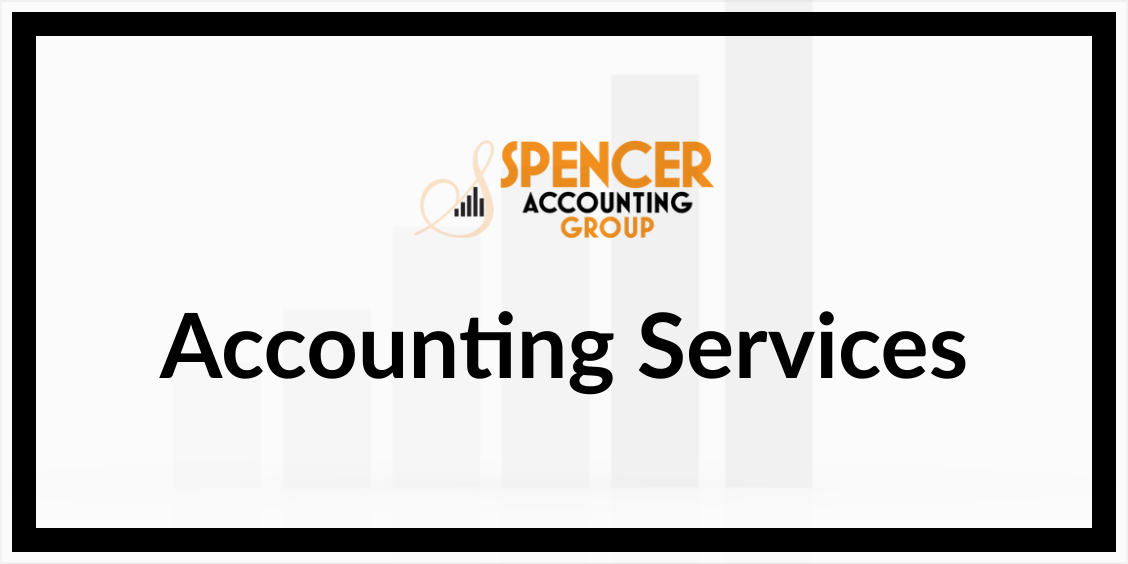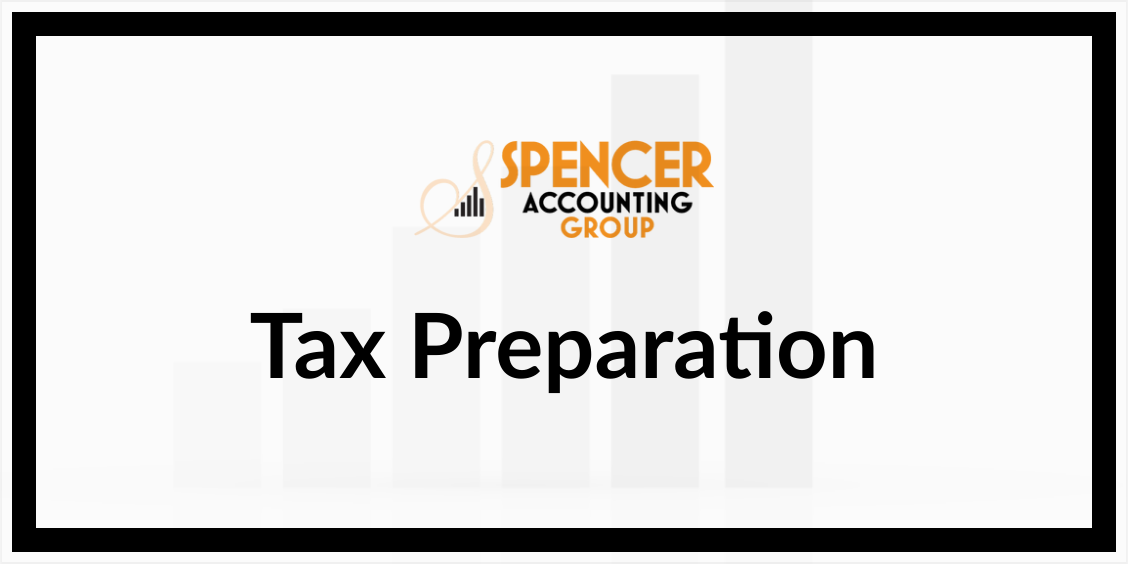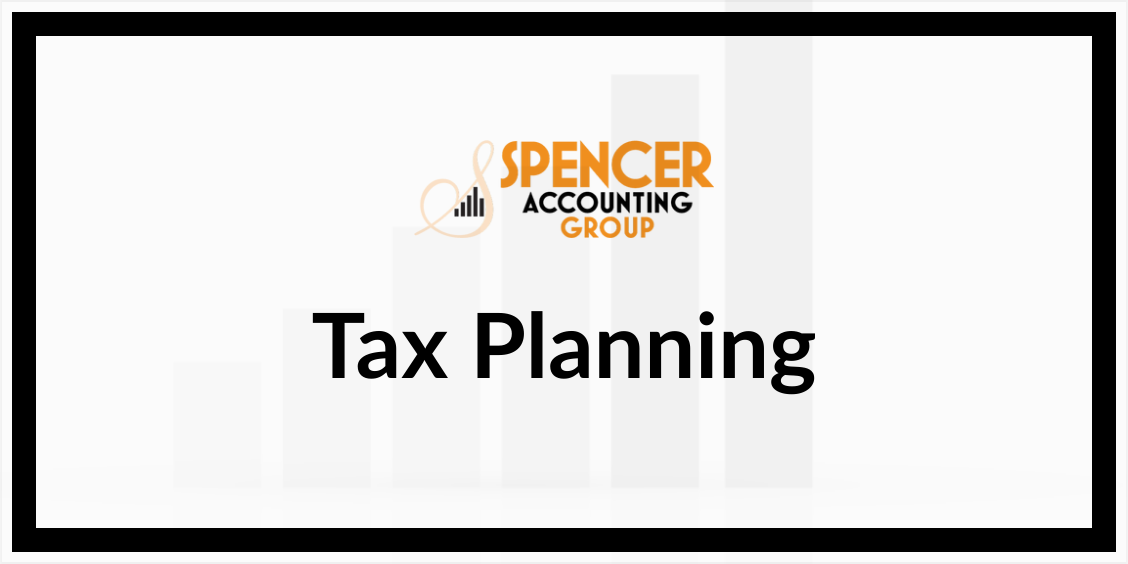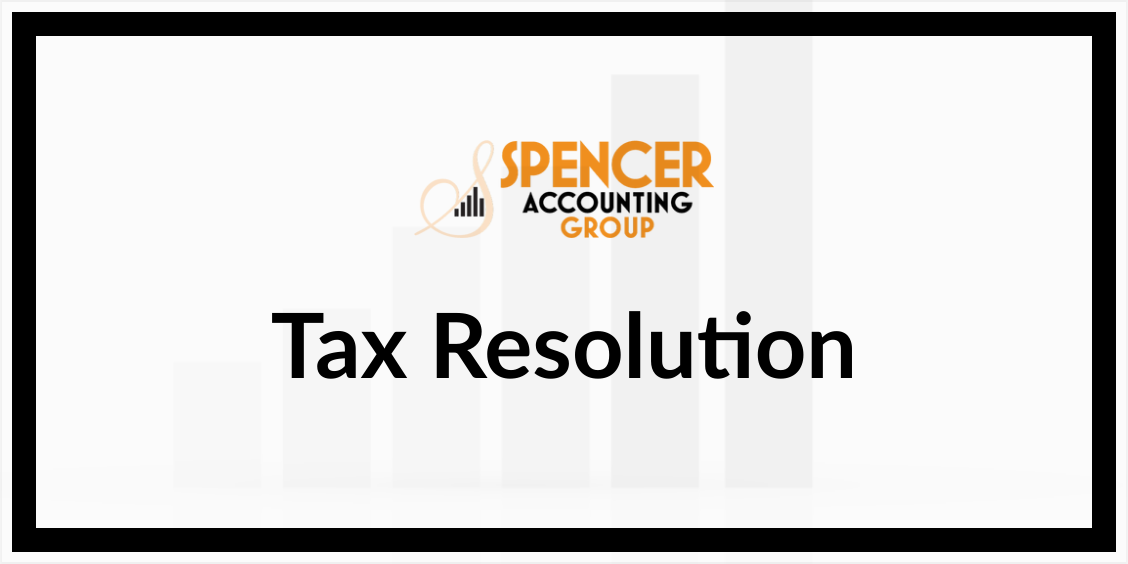|
On April 11, likely after you filed your tax return, the IRS updated its Section 199A frequently asked questions (FAQs) by increasing the number of questions and answers from 12 to 33. The IRS often publishes FAQs on its website to help educate you on various tax law provisions. Section 199A is no different: the IRS has been updating its FAQ website with additional questions and answers on the new qualified business income (QBI) tax deduction. We noted three of the FAQs that help fill in some holes in the final Section 199A regulations but will cause problems for many taxpayers. In fact, there will be taxpayers who will need to file amended tax returns because of the FAQs. FAQ 29: QBI Subtractions for Partnerships In this FAQ on partnerships, the IRS hints at the following:
FAQ 32: QBI in Final vs. Proposed Regulations In FAQ 32, the IRS clearly states that the definition of QBI is the same in both the proposed and the final regulations. Since the definition was clarified in the final regulations, this was a surprise to many. And what this means is that you reduce QBI by the self-employed health insurance deduction, the one-half of self-employment tax deduction, and the qualified retirement plan deductions. FAQ 33 Has to Be Wrong FAQ 33 states that an S corporation shareholder who owns more than 2 percent may have to reduce QBI at both the entity (S corporation) and the shareholder (1040 tax return) levels. We don’t agree with the double subtraction indicated in IRS FAQ 33, for three reasons:
Website Is Not an Authority If you don’t like the positions taken on the IRS’s FAQ website, then there’s one silver lining: FAQs don’t constitute an authority for tax return positions. If you need further assistance with the IRS FAQs, don't hesitate to contact us. Book your Business Consultation Today.
0 Comments
Leave a Reply. |
We're Here to HelpGet advice from our experienced network of financial managers. If you Value our Blog, We have an ask.We spend hours researching data to help you understand your finances and taxes, including historical context, issues, and solutions. Our goal is to empower people to improve their relationship with money. Please consider a $3 donation today. Important Disclosures
Spencer Accounting Group, LLC does not provide investment, tax, legal, or retirement advice or recommendations in these blogs. The information presented here is not specific to any individual's personal circumstances. AuthorKeana Spencer is an Accountant, Entrepreneur, and Educator to her clients, with a strong passion. Keana has over 10 years of experience and through her practice, she is a source of knowledge and strategies to her clients. |

 RSS Feed
RSS Feed




